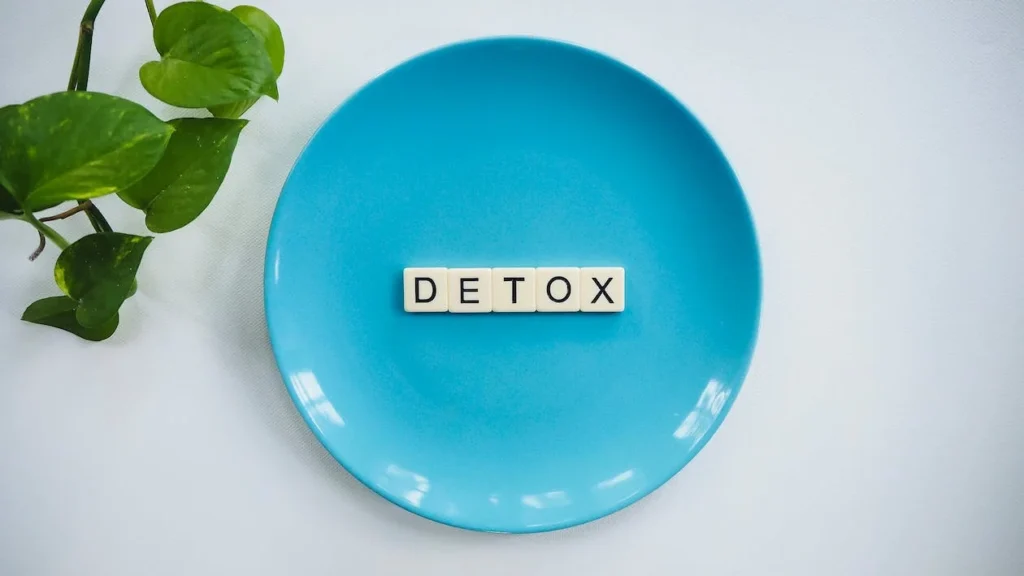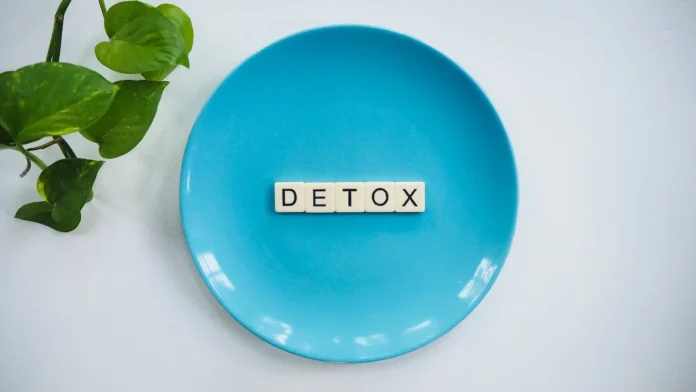Opiate addiction is a growing problem that affects millions of people around the world. While traditional detox methods can be effective, some people may opt for rapid opiate detox, also known as accelerated neuroregulation (ANR). This type of detox involves using anesthesia and medication to speed up the withdrawal process. In this article, we’ll explore the principles, side-effects, and alternatives of rapid opiate detox.

Principles of Rapid Opiate Detox
Rapid opiate detox involves inducing acute withdrawal symptoms while the patient is under anesthesia. This allows the withdrawal process to happen more quickly than traditional detox methods. After waking up, patients are given medication to manage any residual withdrawal symptoms. The process is typically completed in a single day, which can be appealing to those who want to detox quickly and get back to their daily lives.
Side-Effects of Rapid Opiate Detox
While rapid opiate detox may sound like a quick fix, it comes with potential risks and side-effects. Patients may experience complications such as low blood pressure, respiratory problems, and irregular heartbeat. Additionally, the withdrawal process can be extremely uncomfortable, with patients experiencing nausea, vomiting, and muscle aches. There is also a risk of relapse, as rapid detox does not address the underlying psychological and behavioral aspects of addiction.
Alternatives to Rapid Opiate Detox
There are alternative detox methods that can be just as effective and have fewer risks and side-effects. Traditional detox methods involve gradually reducing the dose of opiates over several days or weeks. This allows the body to adjust to the lower dosage and minimizes the severity of withdrawal symptoms. Other options include medication-assisted treatment (MAT) and inpatient detox programs, which provide comprehensive medical and psychological support.
Conclusion
Rapid opiate detox can seem like an attractive option for those struggling with opiate addiction, but it comes with significant risks and potential side-effects. Alternatives such as traditional detox methods, MAT, and inpatient programs offer effective and safer options for detoxing from opiates. It’s important to consult with a medical professional to determine the best course of action for your specific needs and circumstances.


